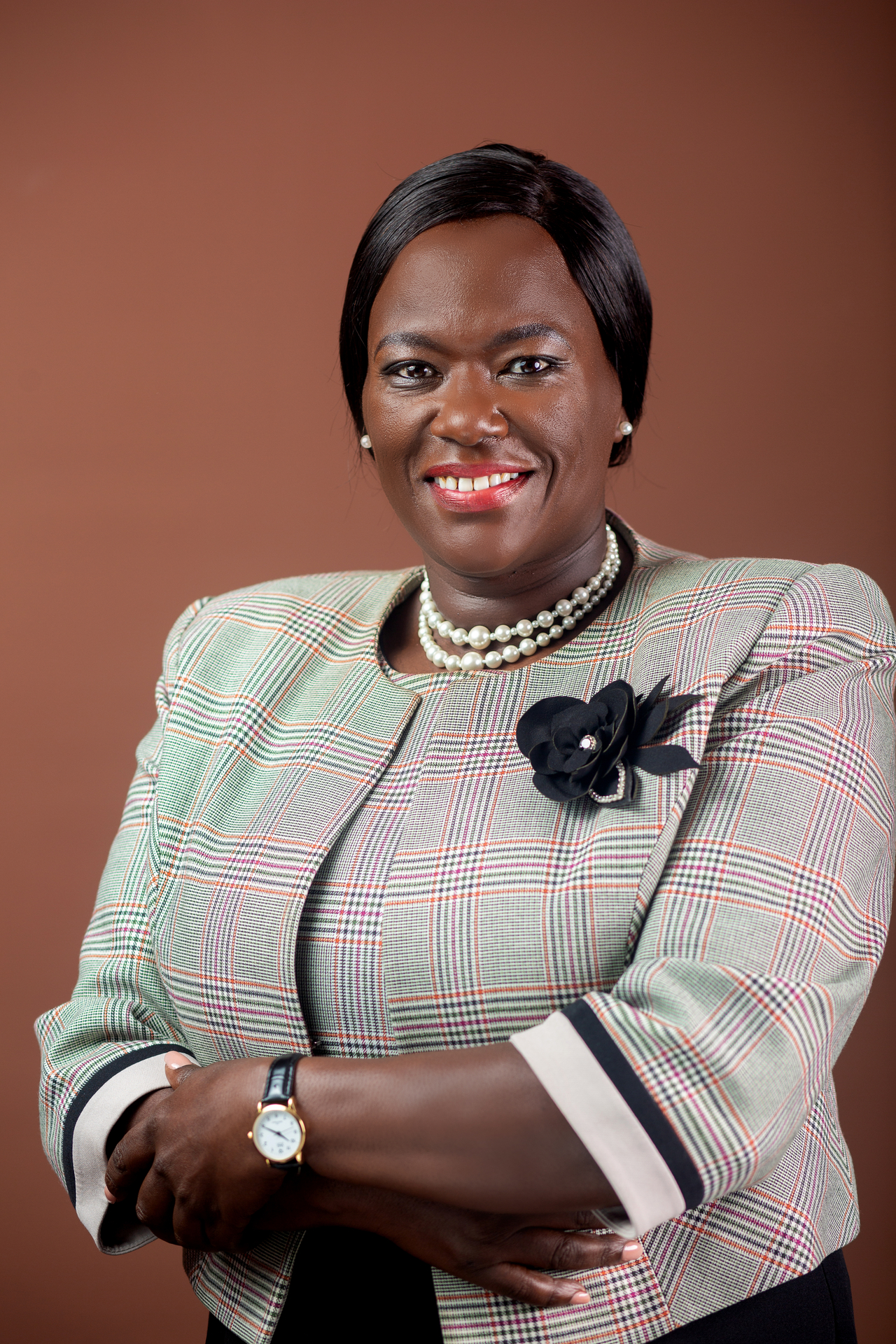
Q. What Challenges have you faced as a female Ambassador, and how have you overcome them? Do you believe female representation in diplomacy and politics has improved globally?
As a female ambassador, I've encountered the same hurdles as any woman in the professional sphere. Balancing work and personal life is a daily struggle, primarily since I work far from home and lack a family support system that could help resolve work-life conflicts.
However, my relocation to Korea was made easy by my government, which provided adequate preparation for the transition from home to the embassy. The Ministry of Diaspora and Foreign Affairs provided information and Practical support to help ease the new move in terms of aspects such as a school for my daughter, residence and support both at the residence and in the embassy to facilitate smooth transactions on a social level, the presence of the diplomatic Corp, especially the Seoul Sisters, the group of female ambassadors have also bridged the gaps by creating a space where both social and professional questions, concerns are addressed in a cordial warmly friendly manner.
While we're not yet at the ideal level of female representation in diplomacy and politics globally, there's a noticeable improvement each year since some countries have achieved a 50/50 gender balance. The important thing is that the trend is steadily moving in the right direction for countries that have yet to hit the mark.
Q. What policies and social campaigns have been promoted in your country to improve women's rights and leadership?
Kenya took a deliberate step in 2010 to include provisions that support gender equity and equality in her constitution. The provision of non-discrimination of either gender in the Constitution became the catalyst for promoting and protecting the inclusion of groups previously marginalised in the country's political, social, and economic development. The constitution provides that women and men should have equal access to development opportunities. Subsequently, all legislation was reviewed to capture the spirit of the constitution, which calls for the two-third gender rule, calling for not more than 2/3 being members of the elective public bodies, shall not be of the other gender. Towards this end, there are progressive steps to ensure that the executive, judiciary and legislative bodies comply with this provision.
To monitor the implementation of the law's provisions, Kenya has instituted the National Gender and Equality Commission(NGEC), which reports to the people of Kenya annually through the National Assembly on the progress made by Kenya towards attaining the two-thirds gender rule of either gender in elective and appointive positions. This report holds the institution concerned accountable for developing strategies for complying with the law.
Apart from providing a legislative framework that safeguards gender equality, Kenya recognises that gender is a social construct. As such, socialisation is embedding the correct values and beliefs of gender equality in the young. Schools as agents of socialisation are key; therefore, for Kenya, Gender equality is mainstreamed into the curriculum, and teaching and learning resources have been vetted to ensure that they do not portray gender biases or stereotypes.
Q. What advice would you give young women aspiring to leadership, especially in international relations?
For young women, your dreams are valid. If your passion is public service to your country, you have every right to pursue it and invest in achieving it by planning, working, and exercising patience because the road to leadership is a process. I urge young people to acquire the right academic qualifications to prepare them for foreign service in your country; it is also essential to have full knowledge of your country's requirements for foreign service.
Secondly, mentorship is critical; having the right mentors can provide the support and guidance needed to navigate leadership challenges. Role models help one appreciate the terrain ahead and share insights on navigating the challenges looming on the horizon.
Young people should also seek to be well-read and up-to-date on current affairs; reading for knowledge's sake is necessary. I always advise young people that leadership is a skill acquired over time, so practice leadership and offer yourself assignments and leadership roles as they appear, as they will form part of your building blocks for greatness.
Q. There are growing concerns that AI gender bias reflects technological limitations and deep-rooted societal prejudices. Despite economic and technological advancements, what measures do you believe are necessary to bridge the gender gap both online and offline?
Gender is a social construct; our perceptions, values, attitudes, and general worldviews are drawn from society. AI is a tool humans develop to facilitate fast and effective decision-making. Therefore, then the Gender Bias present today in AI is just a reflection of the bias that society holds. AI depends on data and algorithms to generate solutions. Suppose a person collects data that does not reflect or omits the other gender. In that case, the bias or blindness will be transferred into the development of the algorithm, causing AI to generate solutions or representations that are gender-biased or gender-blind.
Companies involved in developing AI systems must be proactive in looking at the data they are working with to ensure that it represents all genders and carry out tests to ensure that when their AI portrays the actual state of society. Collectively, as members of society using AI as a tool in our daily routine, we should be quick to call out misrepresentations or biases of gender when noted because unless we speak out, AI may aid in the perpetuation of misinformation and untruths which will have a negative impact on society.
From a societal level, we need to continue the dialogue on gender equality, knowing that there is still more ground to cover in achieving SDG goal 5: gender equality. Such ongoing dialogue keeps us engaged and committed to the cause, ensuring that we continue to make progress.
For a special feature to celebrate International Women's Day on March 8th, The Korea Herald met with nine female diplomatic envoys in Seoul to hear their opinions on the persistance of gender inequality, AI-driven gender biases and how women's empowerment can be fully realized. -- Ed.
koreadherald@heradcorp.com




